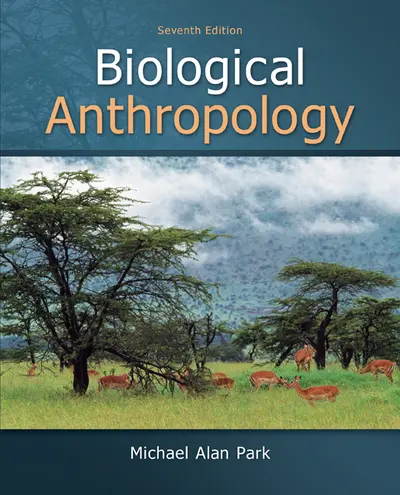My Account Details

ISBN10: 0078034957 | ISBN13: 9780078034954

* The estimated amount of time this product will be on the market is based on a number of factors, including faculty input to instructional design and the prior revision cycle and updates to academic research-which typically results in a revision cycle ranging from every two to four years for this product. Pricing subject to change at any time.
Instructor Information
Quick Actions (Only for Validated Instructor Accounts):
Biological Anthropology is a concise introduction to the basic themes, theories, methods and facts of bioanthropology. The scientific method provides a framework that brings accessibility and context to the material. This seventh edition presents the most recent findings and interpretations of topics in anthropology including Australopithecus sediba, the Denisovians, and epigenetics.
Need support? We're here to help - Get real-world support and resources every step of the way.